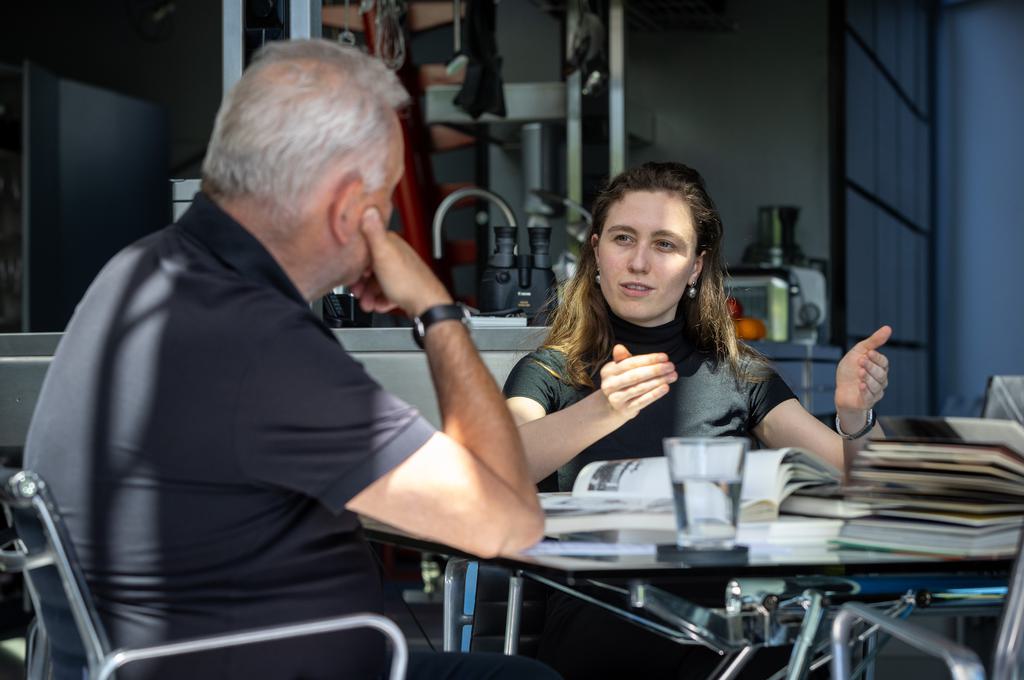At the École Nationale Supérieure d'Architecture de Paris Belleville, Alexandra obtained both her bachelor's and master's degrees in architecture. During her studies, she gained work experience at several Parisian architecture firms, where her passion for sustainability was able to come into its own.
For her master's, Alexandra wrote an opinion on the use of fibres from biobased plastic in concrete. Her thesis research, a collaboration with Olmo Galetti, concerned an investigation into the future possibilities after the decommissioning of the Fessenheim nuclear power plant, a complicated, topical subject. They see the interaction between man, nature and technology as a possible answer to the question of what to do with closed nuclear power plants.
After her studies, Alexandra left for the Netherlands to join the cepezed team. She is part of the sustainability group, for which she charts the material-related CO2 quantity of our buildings. Alexandra feels that her 'passion for innovation and research thrive in this dynamic environment'. In addition, the integral nature of cepezed's buildings really appeals to Alexandra. She has heard it said 'that at cepezed, a change of wall colour in a project can prompt the installation consultant to order a different air handling unit.'
She finds cepezed's designs exceptionally technical and functional, 'there is simply no room for superfluous elements'. This type of architecture appeals to her, as evidenced by the conversation she had with Jan Pesman in the context of our 50th anniversary, about their shared fascination for Frenchman Jean Prouvé.
Alexandra is proud of her contribution to Qutech and LabQ. At Qutech, she was involved from the sketch design phase, at LabQ in the tendering phase. She finds quantum buildings intriguing because they require a logical, functional approach even more than other buildings. 'Quantum buildings serve as hubs for innovation and need an environment that fosters collaboration and well-being.'
